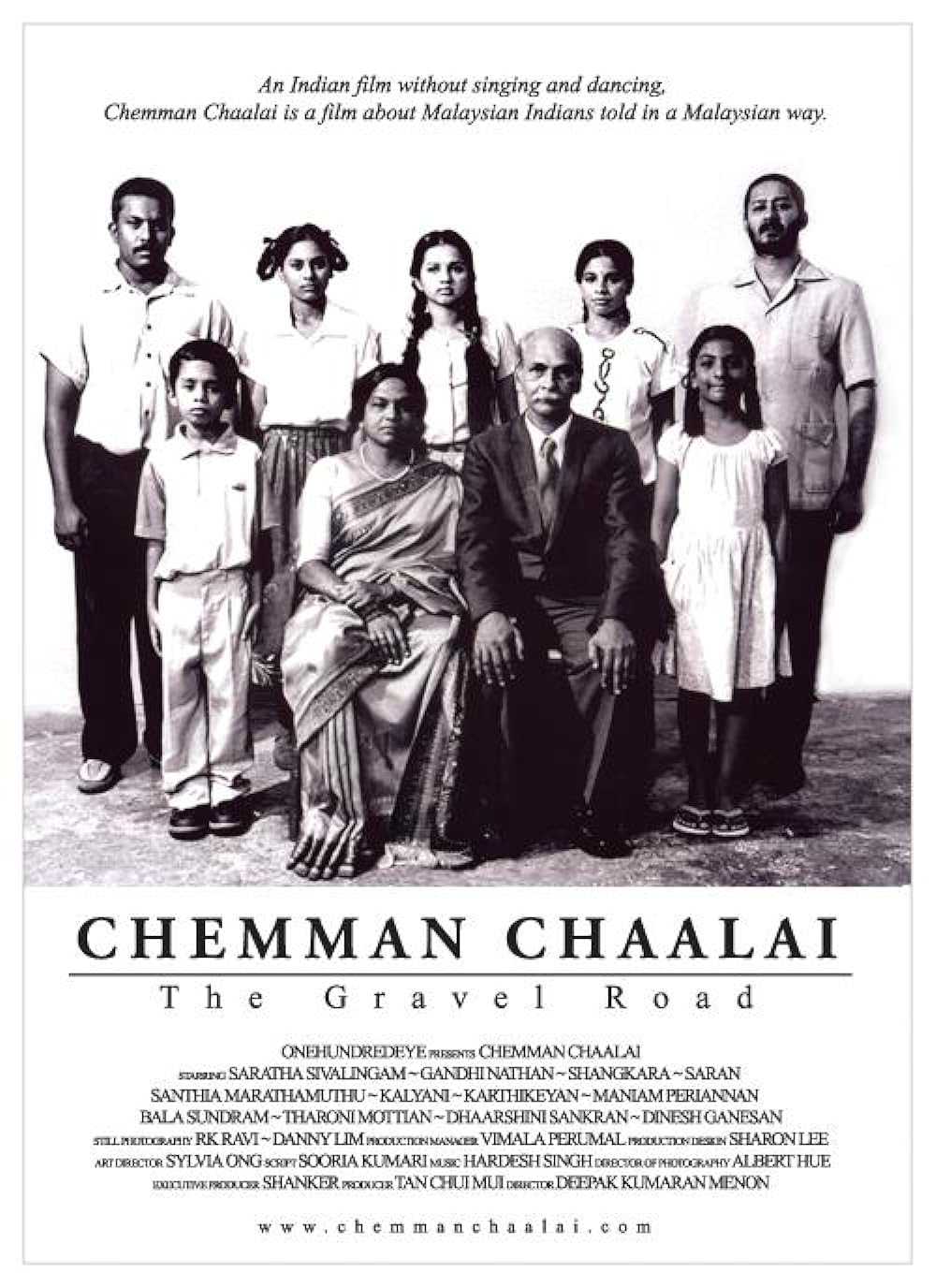Malaysian cinema is in mourning following the untimely death of Deepak Kumaran Menon, a visionary filmmaker who significantly influenced the industry with his thought-provoking films exploring the narratives of the Indian Diaspora in Malaysia. Deepak passed away on January 11 at the age of 44, leaving behind his wife and three children. His cremation took place yesterday at the Hindu Crematorium in Simpang Lima, Klang.
Born in Kuala Lumpur in 1979, Deepak’s cinematic journey began at an early age, inspired by his father’s involvement in video production. He graduated in film and animation from Multimedia University, Cyberjaya, in 2001, marking the commencement of his impactful career in the film industry.

Post-education, Deepak transitioned to the role of an educator, sharing his knowledge at the same university. In 2002, he co-founded the production company One Hundred Eye, where he ventured into directing television shows and commercials. His filmography includes notable works such as “Melodrama Evening” (2000, short), “Jalan Tun H.S. Lee” (2002, short), “Wind Chimes” (2003, short), “Chemman Chaalai/The Gravel Road” (2005), and “Chalanggai/Dancing Bells” (2007).
Deepak’s diverse experiences equipped him with a unique perspective that led him to identify a gap in the industry—the lack of Malaysian Indian content. Despite skepticism and challenges in venturing into this niche, he took it as an opportunity to produce films catering to an often-overlooked demographic. His unconventional approach targeted an older audience, focusing on family values and cultural authenticity, deviating from mainstream cinema norms.
Unconventional Approach and Success
Undeterred by warnings from seasoned filmmakers, Deepak persevered, achieving remarkable success with two groundbreaking films: “The Gravel Road” and “Dancing Bells.” Both productions garnered critical acclaim, solidifying Deepak’s position as a pioneer in showcasing the Malaysian Indian experience on the silver screen. David Walsh of the World Socialist Website further affirmed Deepak’s global recognition, highlighting international acclaim for his impactful storytelling and unique approach to filmmaking.

Ilaiya Barathi Panneerselvam, an educator and independent researcher, expressed deep admiration for Deepak’s work during his time at USM, studying Screen Studies. Particularly praising “Chemman Chaalai” and “Chalanggai,” Panneerselvam highlighted how these films broke away from stereotypes, addressing issues of marginalization and discrimination within the Indian Diaspora.
Panneerselvam shared on Facebook, “The issues of marginalisation and discrimination experienced by the Indian Diaspora in plantation estates and urban poverty were recurring themes in his work. These films were some of my samples for my PhD thesis as well.”
Hiatus and triumphant return
After a hiatus following “Chalanggai” in 2007, Deepak resurfaced in 2022 with “The Diaspora Story,” an anthology exploring themes of identity, culture, and nationhood through a series of short films. The project received support from the Krishen Jit Fund, marking a triumphant return to the cinematic arena for Deepak and sparking excitement among fans.

The sudden news of his passing has left a void in the industry. Deepak Kumaran Menon’s legacy as a trailblazer in Malaysian cinema will be remembered fondly by fans, colleagues, and the next generation of filmmakers. His dedication to breaking stereotypes and telling compelling stories without resorting to violence or vulgarity will inspire filmmakers to challenge norms and contribute to the rich tapestry of Malaysian cinema.
Rest in power, Deepak Kumaran Menon. While your cinematic journey may have concluded, your impact on Malaysian cinema will endure for generations to come.











